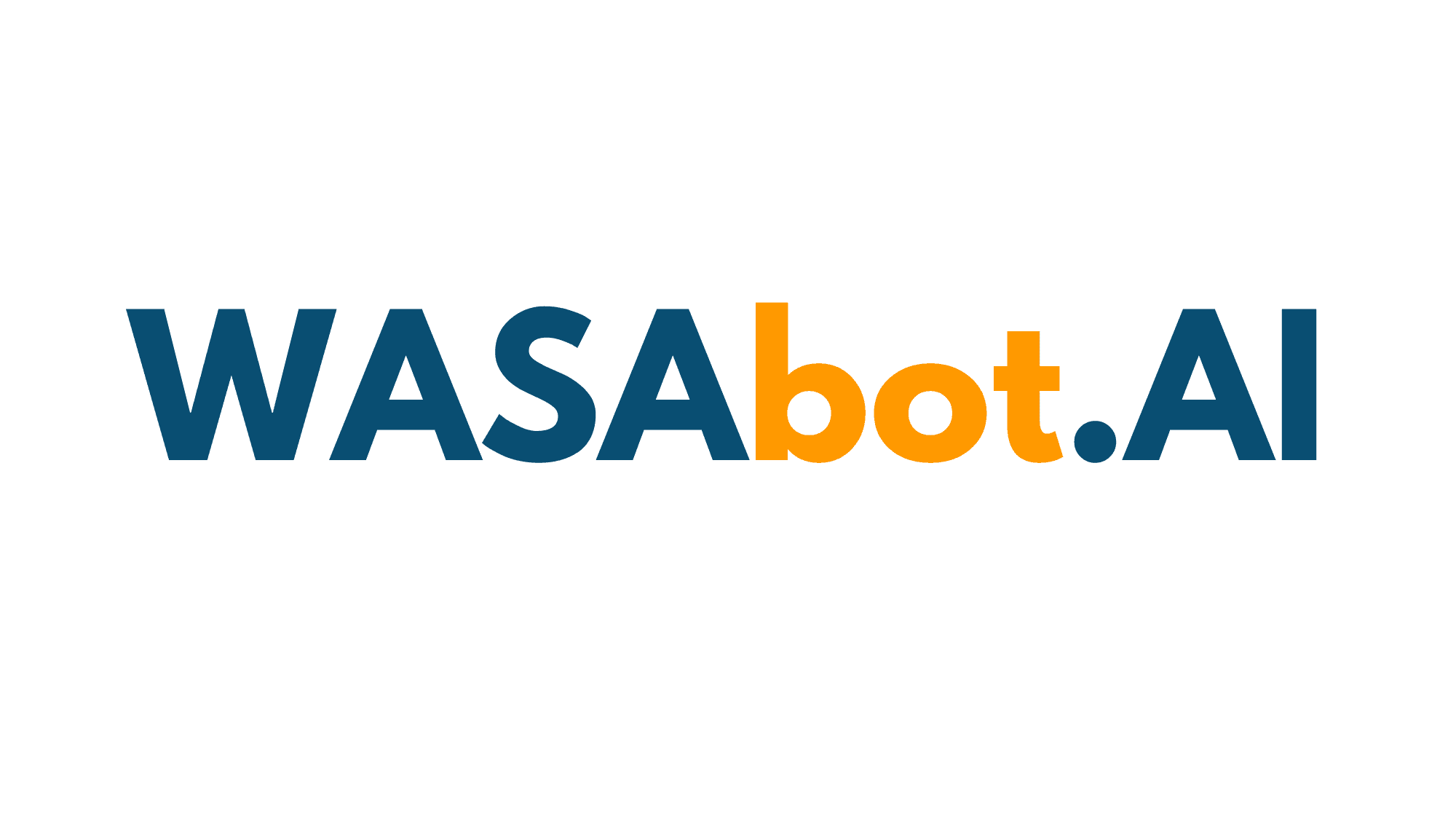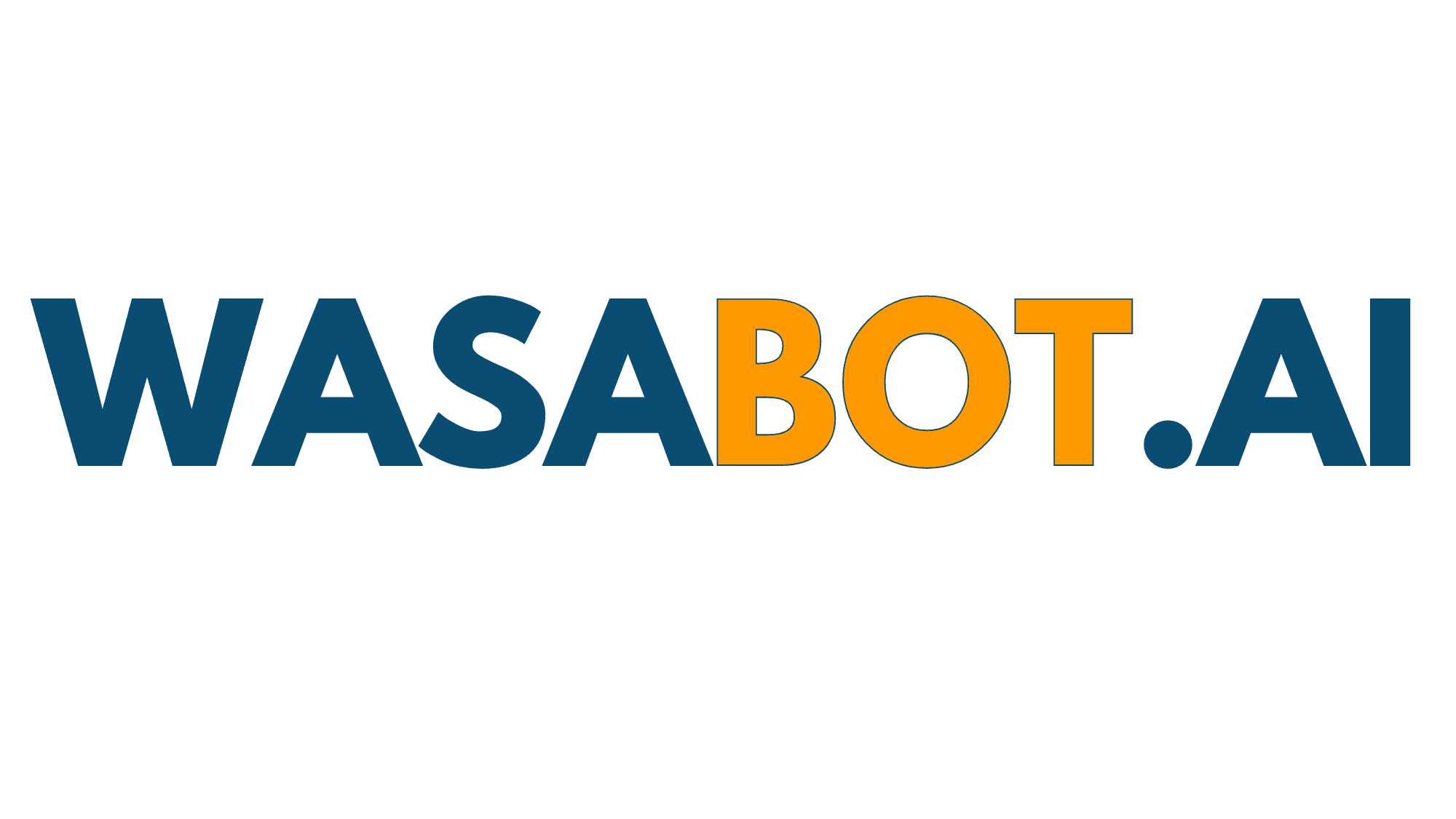March 31, 2025
March 24, 2025
Beijing’s Bold Move: Mandatory AI Education for All K-12 Students
Starting this fall, the Beijing Municipal Education Commission will require all schools in the city to integrate artificial intelligence education into their curriculum, mandating a minimum of eight hours per year from elementary through high school. This policy, part of a broader strategy to maintain China’s global AI competitiveness, positions the capital at the forefront of AI literacy, and signals a systemic shift in how nations prepare future generations for a tech-driven world.
Under the new directive, students as young as seven will begin learning foundational AI concepts, progressing to more advanced topics in higher grades. Schools are encouraged to integrate hands-on experiences such as programming AI models and understanding ethical implications. This early and consistent exposure aims to cultivate a generation fluent in the technologies shaping tomorrow’s workforce and society. China’s Ministry of Education has already launched pilot programs and published a national AI curriculum framework to support this transition.
For educational leaders worldwide, Beijing’s move presents a critical point of reflection: how are we preparing students to live and work with AI? The initiative exemplifies a national commitment to both workforce development and digital citizenship. As U.S. and international educators navigate their own AI strategies, this policy may serve as both inspiration and challenge—emphasizing the urgency of incorporating AI not just as a tool, but as a fundamental literacy of modern education.ge.
Business Insider, March 2025
Bill Gates: Within 10 years, AI will replace many doctors and teachers—humans won’t be needed ‘for most things’
Bill Gates, Microsoft co-founder and tech visionary, predicts that artificial intelligence will reshape education in the next decade, making high-quality tutoring and personalized learning widely accessible. In a recent interview with Jimmy Fallon on The Tonight Show, Gates explained that while expertise in fields like teaching is currently rare and expensive, AI advancements will democratize this expertise by offering “great tutoring” for free or at minimal cost.
Gates envisions an era of “free intelligence,” where AI-powered technologies become embedded in daily life, revolutionizing fields such as medicine and education. These AI tutors will provide personalized learning experiences, adapting to individual student needs and offering expert-level support across various subjects. Gates’ optimism reflects his belief that AI can bridge educational gaps, allowing every student to benefit from high-quality instruction regardless of their socioeconomic background.
However, Gates acknowledged the transformative power of AI comes with challenges. While he views AI as a “fantastic opportunity” to improve education, he also recognizes concerns around misinformation, ethical considerations, and the potential displacement of traditional teaching roles. Despite these concerns, Gates continues to encourage young innovators to explore AI’s potential, emphasizing that education is one of the most promising frontiers for AI’s positive impact.
CNBC Interview with Bill Gates, March 26, 2025


